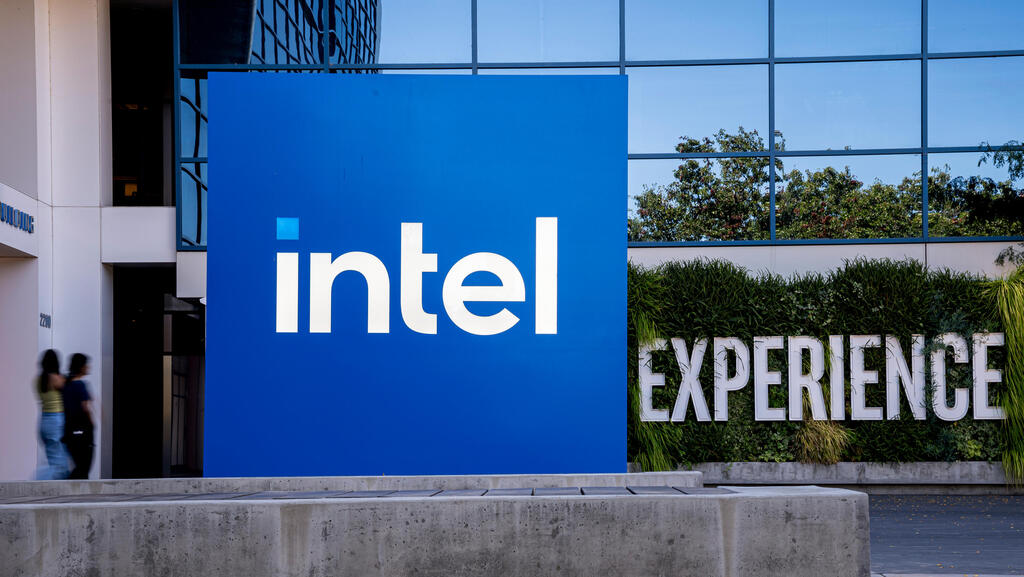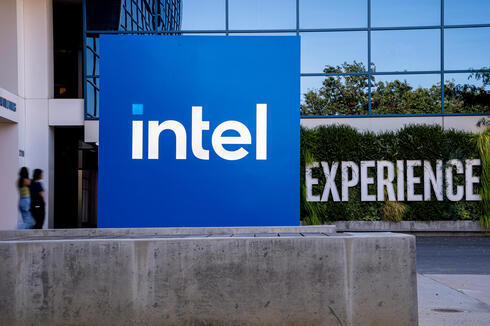
Intel CEO says it’s ‘too late’ to catch Nvidia in AI
Lip-Bu Tan warns employees of a long road ahead to rebuild the troubled chipmaker’s future.
Intel CEO Lip-Bu Tan delivered a blunt message to employees this week that underscores the scale of the turnaround challenge facing America’s most storied chipmaker: it’s too late to catch Nvidia in the market for artificial intelligence processors.
“On training I think it is too late for us,” Tan told Intel staff during a frank, 20-minute conversation broadcast to thousands of employees worldwide, first reported by The Oregonian. “Nvidia’s position in that market is simply too strong.”
The remark marks one of the clearest public acknowledgements yet from inside Intel that the company has fallen decisively behind its rivals in one of the most lucrative and strategically vital areas of modern computing. It also comes just as Intel begins slashing thousands of jobs across its global operations in an attempt to streamline decision-making and reverse nearly a decade of stumbles in its core markets.
Tan, a veteran chip executive and respected industry investor who previously ran Cadence Design Systems, did not mince words about Intel’s standing in the global semiconductor industry.
“Twenty, 30 years ago, we are really the leader,” he said. “Now I think the world has changed. We are not in the top 10 semiconductor companies.”
An Intel spokesperson later claimed Tan was referring to the company’s market valuation, not its technological relevance.
Once worth more than $200 billion, Intel’s market capitalization has halved to around $100 billion. Nvidia, by contrast, briefly crossed the $4 trillion mark this week, the first company ever to reach that milestone.
Tan’s unusually candid session with employees coincided with the first wave of deep layoffs under his leadership. Intel is shutting down its automotive division, outsourcing its marketing department, and preparing to shed as much as 20% of its manufacturing workforce. Cuts are planned across nearly every unit of the company.
Up to 200 employees are set to depart Intel's manufacturing plant in Kiryat Gat, which until now was generally spared in lay off rounds. Several hundred other employees are expected to be cut from other Intel units in Israel.
Many see the cuts as a last-ditch effort to emulate more nimble peers like Nvidia, AMD and Broadcom, companies Tan described as faster and more responsive to customer needs.
Related articles:
“The whole process of that (deciding) is so slow and eventually nobody makes a decision,” Tan told employees, criticizing the company’s famously bureaucratic culture. “We have to be humble,” he added, urging staff to “listen to customers and respond to their needs.”
Instead of trying to challenge Nvidia head-on in training large AI models, the computationally intense work at the heart of the current boom, Tan wants Intel to stake out new ground in so-called “edge” AI. These are applications that push AI capabilities closer to the user, in personal computers and connected devices, rather than in massive centralized data centers.
He also pointed to agentic AI, an emerging field where autonomous systems act independently with minimal human intervention. “That’s an area that I think is emerging, coming up very big and we want to make sure that we capture,” Tan said.
